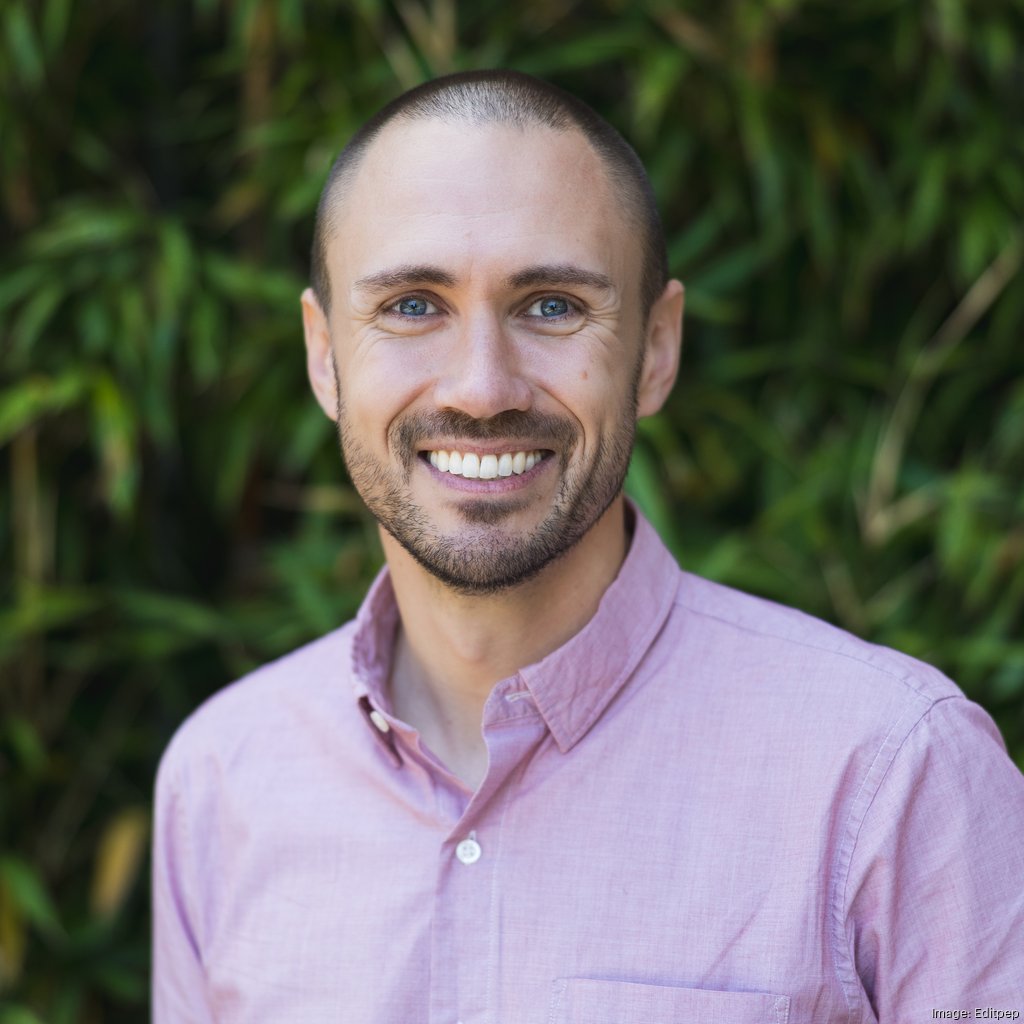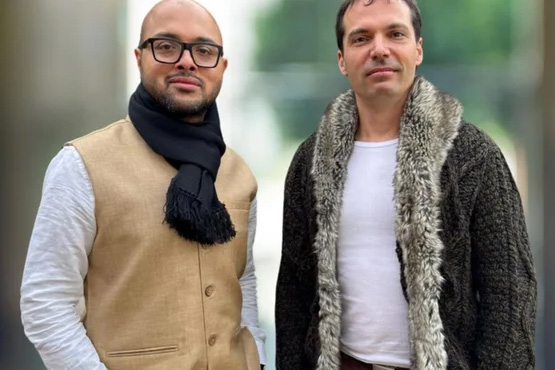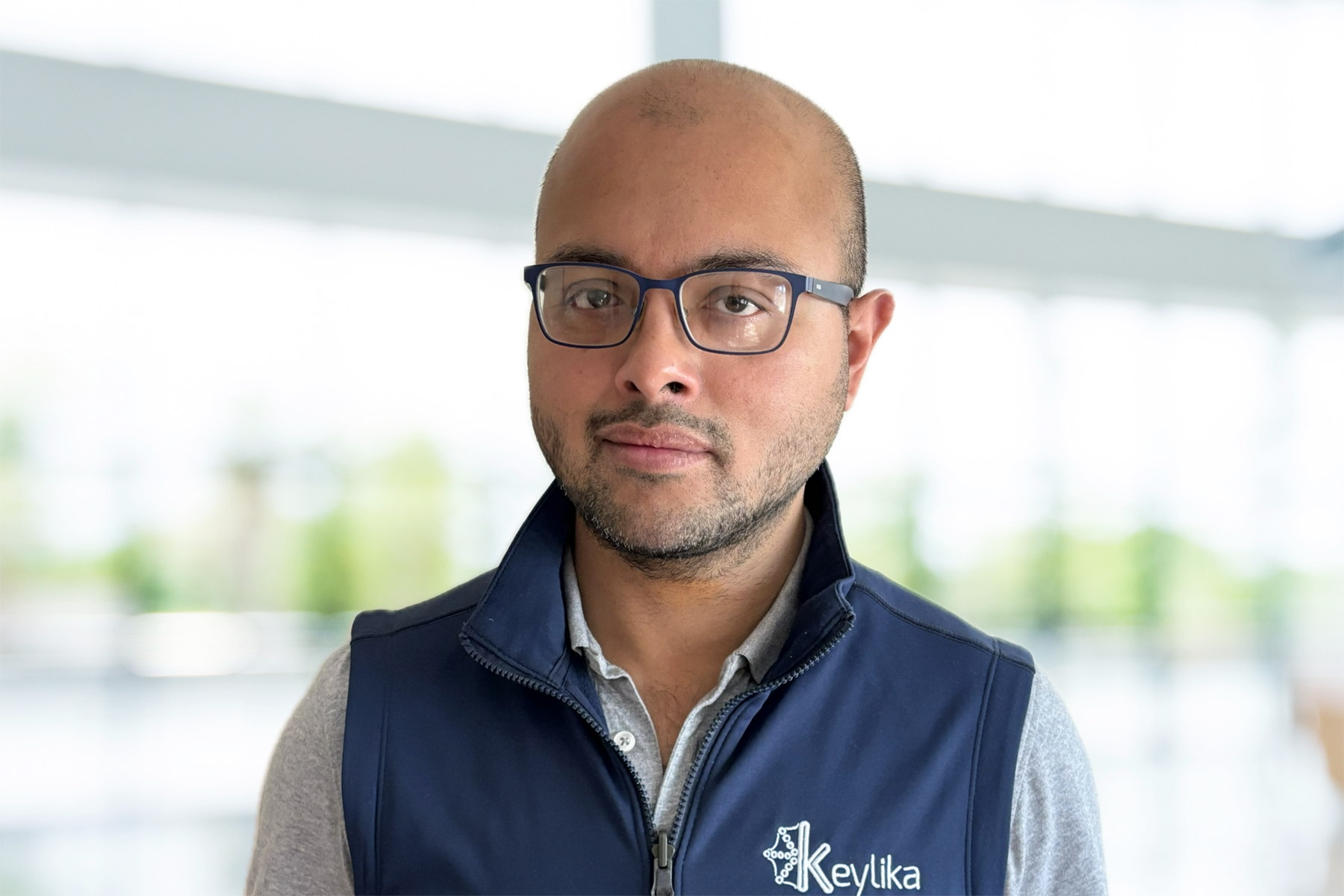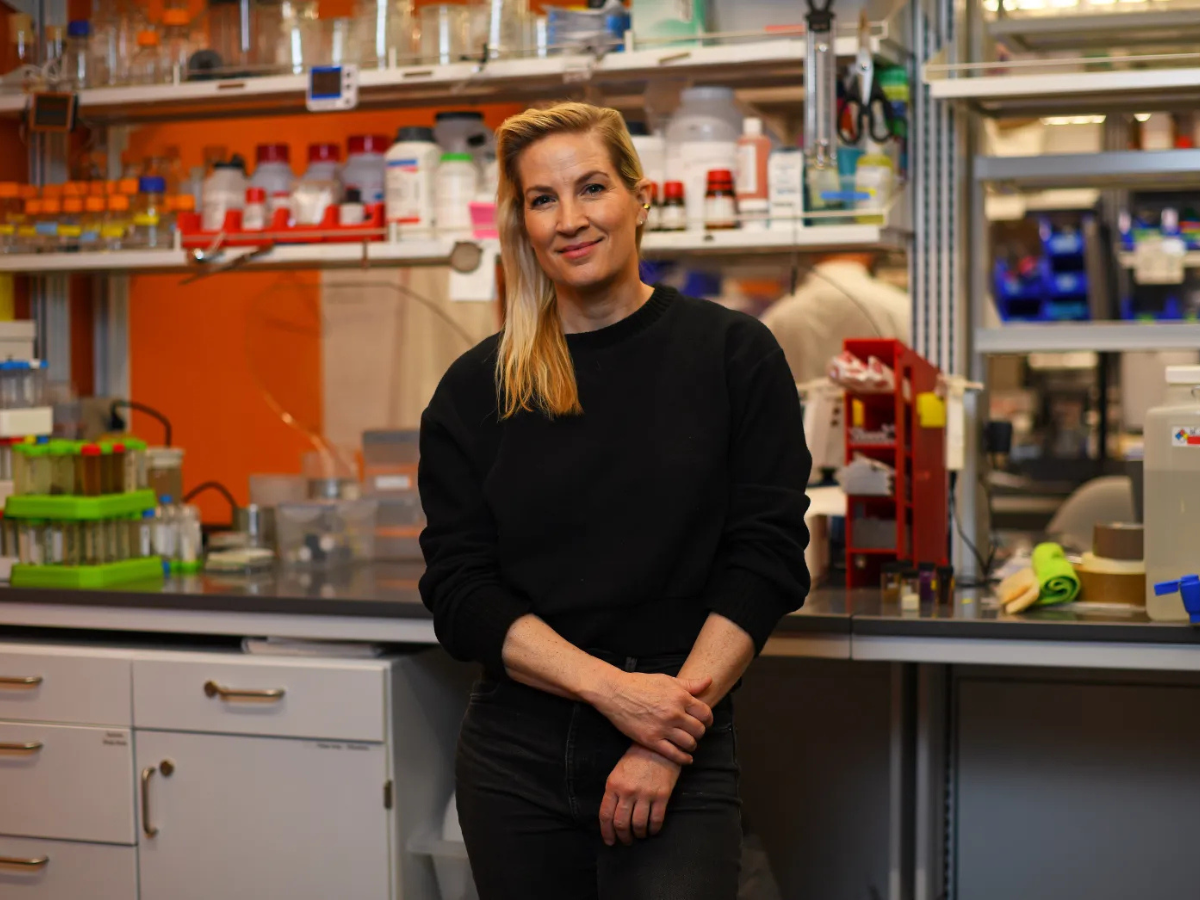At Biotech’s Biggest Conference, UC Berkeley Shows Off Startups
By Ron Leuty at the San Francisco Business Times.

In a way, biotech startup Editpep’s story is one faced by many new life sciences companies in a tough funding environment; in a way, too, it is so Berkeley.
Co-founded by University of California, Berkeley postdoctoral researcher looking at ways to cure genetic diseases, an MBA student and a scientific disciple of CRISPR gene-editing technology pioneer Jennifer Doudna, Editpep last month secured an $8.4 million seed financing to take on pediatric brain cancer and other brain diseases.
“The academic origins of this are absolutely critical to getting it where it is today,” said Dana Foss, Editpep’s CEO, who was a postdoc at UC Berkeley.
It also is exactly the type of story that Darren Cooke, the interim chief innovation and entrepreneurship officer at UC Berkeley, loves to tell. In fact, Editpep’s work and push for cash — along with that of 23 other startups with origins at Berkeley — are part of Tuesday’s Berkeley Bio Startup Showcase.
The event is one of a handful of soirees designed to capture the imagination of some of the deep-pocketed attendees at the this week’s J.P. Morgan Healthcare Conference. Bakar Labs, the incubator part of UC Berkeley’s Bakar BioEnginuity Hub, hosted a social Monday night at the San Francisco office of law firm Wilson Sonsini Goodrich & Rosati. UCLA, UC Davis and UCSF also have events scheduled during the week to highlight their campuses’ biotech innovations and early-stage companies.
Hundreds of people will be in the room of a rented South of Market art gallery when the companies — who have been part of UC Berkeley’s Innovative Genomics Institute, Bakar Labs, Berkeley SkyDeck, Bakar Fellows Program, Energy Biosciences Institute or Life Sciences Entrepreneurship Center — start to make 30-second “quick pitches” at 5 p.m. A thousand more people will be on the waitlist, Cooke said.
“Last year I joked, ‘See you next year at the Cow Palace,'” Cooke said. “But this is just a tiny fraction of the partners we could showcase.”
UC Berkeley has since brought on Dawn McGee as the new executive director of the Berkeley Haas Entrepreneurship Hub — a one-stop-shop navigational tool for budding campus entrepreneurs — and launched the Molecular Therapeutics Initiative led by Julia Schaletzky.
Cooke’s Life Sciences Entrepreneurship Center this year will pilot an entrepreneur-in-residence program, hiring one seasoned entrepreneur to “really beat the bushes” for a potential commercial company.
Bringing academic innovations and young companies into the sight of potential funders and partners is key, Cooke said. For Editpep, for example, its $8.4 million seed funding from Lindonlight Collective, a foundation focused on pediatric brain cancer, and other funding will give it two years of financial runway, Foss said.
“Having this amount of capital will accelerate our path to the clinic,” Foss said. “It’s really about hiring the necessary team members. This cannot be a one- or two-person operation; we need very unique skill sets.”
Editpep also has needed UC Berkeley’s network of entrepreneurial assistance.
When Foss arrived as a postdoc in 2017, her research focused on how to use proteins as therapeutics inside of cells, helping to develop a way to deliver CRISPR enzymes. The key, combining the enzyme with a peptide, was further developed by people where Foss worked, in the lab of Ross Wilson at Doudna’s Innovative Genomics Institute at UC Berkeley.

Wilson and Malavika “Malu” Kannuswamy, a student in the evening-weekend MBA program at Berkeley’s Haas School of Business who wanted to work with a startup, were connected and ultimately decided to start Editpep. The founders ended up at Cooke’s Life Sciences Entrepreneurship Center, which aims to coordinate the Berkeley campus’ existing startup resources.
The company landed at Berkeley SkyDeck in May 2023 with a venture grant from the Life Sciences Entrepreneurship Center and took advantage of other programs with the center to narrow its work to brain genome editing.
“The biggest CRISPR challenge is delivery, getting the CRISPR molecules into the cells they need to be in,” especially for therapeutics doing their work in the body, Foss said. “Our technology solves the high unmet need in the brain.”
Because of delivery issues, most therapies focus on the liver, which is the most amenable to edited viruses that are used as delivery trucks or lipid nanoparticles, gooey shells that protect mRNA vaccines, for example.
The main advantage Editpep’s technology has, Foss said, is that its molecules are smaller and get through the brain tissue better. “You have to get into as many cells as possible, and we are able to get into more brain tissue and more gently without a brain response,” she said.
Editpep moved into the Bakar Labs incubator in October. Its therapies could be in clinical trials within five years, Foss said.
The four-person company, which initially was focused on genetic brain diseases, added brain cancer to its target list after linking up with Lindonlight Collective. The foundation had been in touch with Doudna, who pointed the foundation to Wilson, who was initially skeptical because CRISPR brain cancer therapies have proved difficult.
But Wilson did more work and discovered that some specific brain cancers could indeed be targeted by CRISPR.
“It’s an opportunity to have a funder dedicated to making a therapeutic,” Foss said, “and that kind of support will let us go the distance.”





